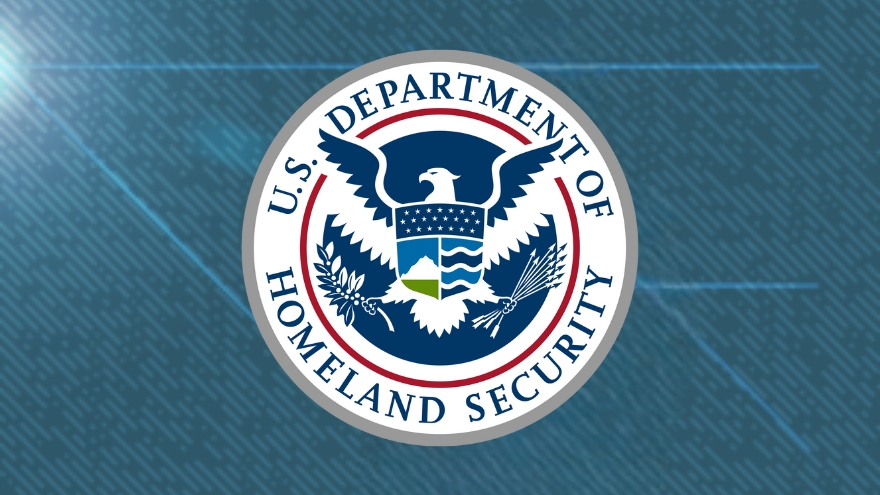Stores across the U.S. have seen a surge in retail thefts since the 2020 pandemic. But, in many cases, the shoplifting isn’t being carried out by lone individuals.
Mexican cartels have expanded their illicit operations from human and drug trafficking to now organizing mass-retail theft rings that target stores, then resell the stolen merchandise online while laundering their profits through Chinese brokers.
“It’s a $70 billion a year enterprise — organized retail crime,” said Eric DeLaune, special agent in charge at the Department of Homeland Security’s Homeland Security Investigations, HSI, during an announcement this week of a public-private partnership between HSI, U.S. attorneys in multiple states, and several retailers.
The partnership is called the Organized Retail Crime Alliance and seeks to stamp out the networks behind the retail theft wave across the U.S.
“Organized retail crime is not simply shoplifting, and it isn’t a victimless crime; it costs U.S. businesses billions of dollars every year and often local communities and businesses bear the costs of rising retail prices,” DeLaune said. “Organized theft groups have become emboldened, stealing in broad daylight and resorting to violence, which has had detrimental impact on the economy, leading to higher prices and lost jobs and creating an unsafe environment for shoppers and employees.”
In San Francisco, retail theft has been a concern among many local businesses and residents. Some stores have increased security and started locking up merchandise. One Walgreens in SF Richmond District started putting chains on some of their freezers. NTD’s Jason Blair has more. pic.twitter.com/ZNbqNym1Wb
— California Today (@Calif_Today_NTD) July 21, 2023
Retail “shrink” is the mismatch between a store’s actual inventory and what it has showing on its books due to theft. The National Retail Federation says that organized retail crime is now the primary reason for retail shrink, which is increasing at nearly $4 billion year-over-year.
Contrary to shoplifters, organized theft rings engage in large-scale thefts that rely on teams of people who steal goods from retail stores, disguise the origins of the stolen merchandise, then resell the products through brick-and-mortar and major e-commerce websites. Professional money launderers funnel the profits back to criminal organizations, HSI said in a joint press release with the Association of Certified Anti-Money Laundering Specialists (ACAMS).
According to a report from HSI and ACAMS, a survey of the Retail Industry Leaders Association and the Buy Safe America Coalition (which includes more than 50 major retailers like Best Buy, 7 Eleven, Lowe’s, and CVS) found that 76 percent say a criminal has threatened with the use of a weapon against a store associate.
The report also says that laws raising felony thresholds for stealing goods basically decriminalize retail theft, making organized theft “an attractive criminal activity for organized crime groups for funding with little risk.”
Democrat policies are coddling criminals and allowing them to rob our stores without penalty.
CVS experiences retail theft every 3 minutes while Walmart loses at least $3 billion annually from these crimes.
Who is paying the price? We, the consumer. pic.twitter.com/DIqTit4wf0
— Rep Andy Biggs (@RepAndyBiggsAZ) June 13, 2023
“Large-scale retail theft and the money laundering that enables it are exactly the sort of illicit activities that law enforcement, financial institutions, and other stakeholders can more effectively fight together through public-private partnerships,” ACAMS chief executive officer Scott Liles said in the news release.
The Organized Retail Crime Alliance currently includes HSI executives, the Arkansas attorney general, U.S. attorneys from Louisiana, Arkansas, Mississippi, and Alabama, and industry representatives from Walmart, Albertsons, and Home Depot.

